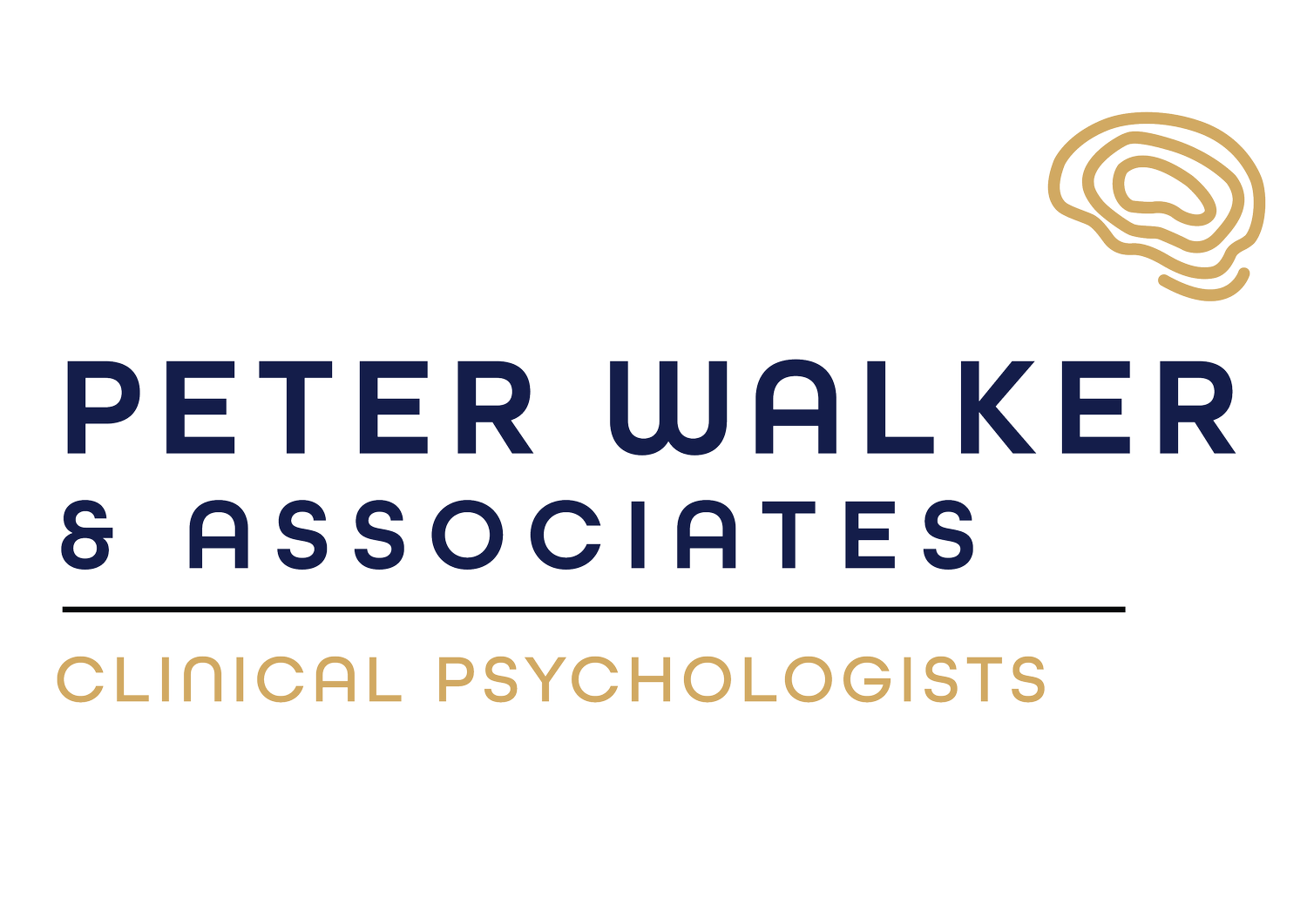
How we work with you
Your treatment will consist of only evidence-based therapies
Cognitive Behavioural Therapy
Cognitive Behavioural Therapy, or “CBT”, is a practical, scientifically proven approach that focuses on achieving your goals. It involves helping you discover why you’re stuck and learning to work your way out.
CBT helps you identify and change patterns of behaviour, attention and thinking that can maintain or worsen distress.
You’ll work in partnership with your psychologist to develop a personalised understanding of your issue and change factors that contribute to it.
CBT usually involves practice outside of the therapy session. Ultimately, the goal is for you to develop the skills to treat yourself – effectively becoming your own psychologist.
Other therapies we use
-
Mindfulness Therapy
Mindfulness therapies take an experiential approach, which means you learn and grow through practice of the techniques.
Most often, this involves learning through various meditation practices. This can help you gain greater control of your attention, along with the ability to separate yourself from self-defeating or anxiety-promoting thought processes.
-
EMDR Therapy
Eye Movement Desensitisation and Reprocessing (EMDR) is a therapy used to assist people with PTSD and other trauma conditions to process difficult memories.
It is based on the idea that persistent problems are often caused by distressing memories that haven’t been processed effectively. These memories remain “stuck” and continue to have an unhelpful influence on a person’s emotions, behaviours and beliefs.
-
Schema Therapy
Schema Therapy sheds light on the origins of your struggles and help you find a path out of them.
Schema therapy is typically used when other approaches have not been effective.
Based on CBT, Schema Therapy was developed in the 1990s to help people with more complex or long-term psychological problems explain persistent patterns of distress and unhelpful behaviours.
-
Dialectical Behaviour Therapy
DBT was developed to help people manage emotional problems such as those experienced in borderline personality disorder.
These problems involve rapidly changing and distressing mood states, such as anxiety, irritability and depression. They are often also associated with concerning behaviours such as self-harm, relationship difficulties, and impulsive or risky actions.

